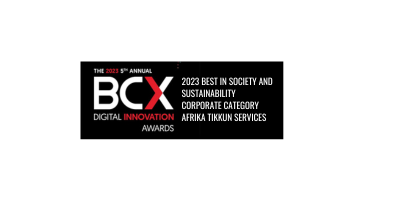Pretoria – Despite the results of the matric class of 2021 increasing by 0.2%, the government is looking at transforming the education system.
Chief executive of Afrika Tikkun Services, Onyi Nwaneri, said although the pass rate of 76.4% was slightly higher than the 76.2% pass rate in 2020, it was still significantly lower than 2019’s rate of 81.3%.
He said now more than ever South Africa had to address the disruptions to learners’ lives and the challenges as a result of Covid-19.
“The disparity between the haves and the have nots needs to be addressed fast. Access is a large part of what needs to happen to change course and transform education and in turn the future of our nation.
“Education is critical in redressing the injustices of apartheid and colonialism, which created an inequitable and fragmented education system, and therefore it is absolutely imperative that organisations, the government, and the private sector work together to alleviate these pressures of the past on our society,” Nwaneri said.
He said working together and seeking a solution was imperative as there was a direct correlation between poverty, access, school performance and unemployment.
Business development leader for Africa at Project Management Institute, George Asamani, said Africa was facing a future in which it was expected that the continent would produce about 30 million graduates a year by 2050.
He said these figures spoke to how education, its delivery and effectiveness, would become focal points in the future. Asamani said that as a result of the long-term consequences of the pandemic, it was important for institutions of higher learning to create partnerships to help meet a future tide of demand for skills and leadership.


